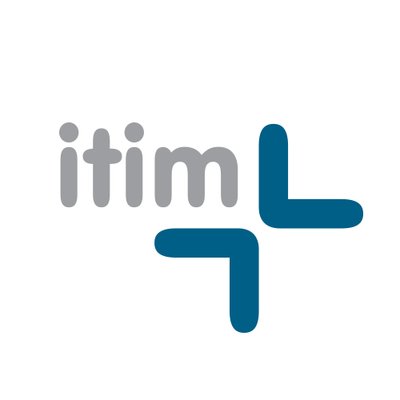The scene is shifting under the radar, as six subtle yet profound forces begin to redraw retail’s blueprint, well beyond the immediate push-and-pull of tariffs and supply chain glitches.
Retail’s familiar terrain of buying and selling is evolving into something altogether broader. As of 2024, “beyond trade” endeavours, think retail media, marketplaces, embedded finance, now account for roughly 15 per cent of revenue and 25 per cent of profits at leading Western retailers, up from around 10 per cent in 2021. That leap hints at a future where the traditional transaction is just one node in a sprawling web of value generation.
At the heart of this transformation lies artificial intelligence and automation. Tasks once emblematic of retailer acumen, pricing, promotions, category planning, supply-chain forecasting, are being handed over to algorithms and robotics. For investors, the message is clear: those slow to embrace this shift risk margin erosion, while early adopters may unlock both cost efficiencies and a sharper consumer edge.
Further downstream, AI-powered shopping agents are primed to redefine the battleground. These smart assistants, capable of making autonomous, brand-agnostic purchasing decisions, could divert 20 to 30 per cent of shopper volume. Retailers face a strategic fork: either build symbiotic relationships with these agents or attempt to deploy their own. Both paths demand deep consumer insights and structural agility.
Alongside digital disruption, consumer perceptions of value are becoming hyper-personalised, not just in price, but in relevance and convenience. Retailers that calibrate offerings to fit customers’ real-time circumstances, be it time-pressed Monday mornings or leisure-filled weekends, stand to deepen loyalty and justify premium positioning.
This all converges with a rethink of physical presence. Footprint optimisation is underway, with non-food retailers and grocers alike reassessing store density as they pivot limited real estate towards areas of highest return. That balance between efficiency and accessibility will define who wins evolving catchment-area economics.
Finally, growth agendas are spilling across borders. With “beyond-trade” profit pools becoming increasingly global and digital-first, scale is now both an imperative and a competitive moat. Expect consolidation as regional leaders strive for the heft needed to fund digital capabilities, market reach, logistics, and ecosystem integration.
Retail executives who grasp this shifting landscape, where algorithms and smart agents meet contextual value, streamlined networks, and international scale, will find themselves not just adapting, but shaping a new era of retail. Those who cling to legacy advantages may discover that tomorrow’s playing field is already starting to tilt.
Retail now encompasses more than the product click or in-store visit; it’s a convergence of data, automation, strategy, and reach. Companies that master this mosaic will redefine what a retail business can be.
Retailers are moving from shops and supply chains to platforms and ecosystems, powered by AI, optimised for context, and built for global reach.
itim Group plc (LON:ITIM) is a SaaS-based technology company that enables store-based retailers to optimise their businesses to improve financial performance and effectively compete with online competitors. Itim adds retail value by helping multi-channel retailers optimise their business and their stores to improve financial performance and compete more effectively with the “Amazons”.






































